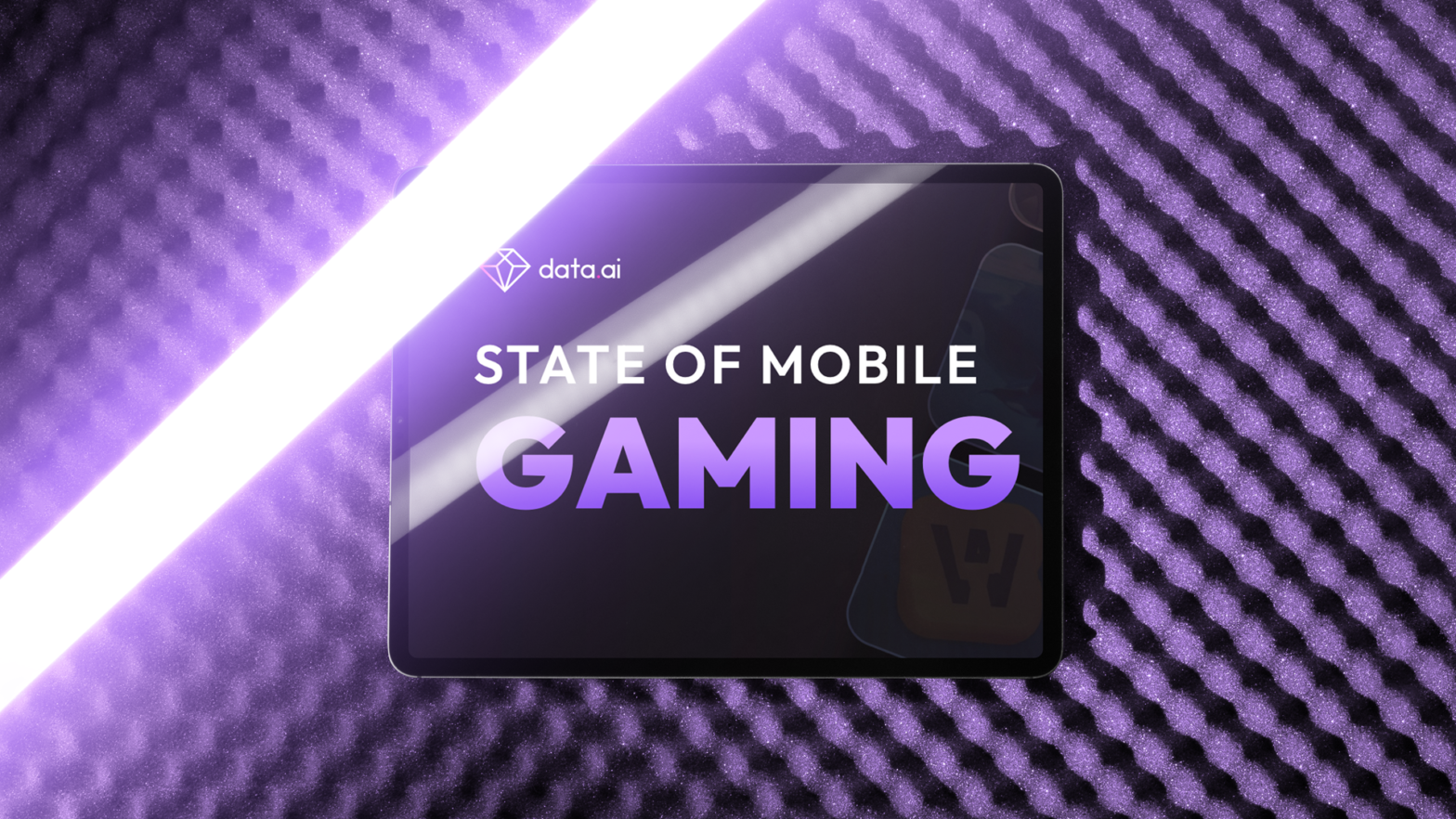2021 was a very profitable year in the gaming industry, it’s time to look to the future. But what will be the gaming industry trends 2022? Newzoo has shared an article on what we should expect.
Play-to-Earn Will Become a More Viable Business Model
The idea of gamers making money from playing games is nothing new. Historically, such monetization attempts from players have been against publishers’ terms of service. Companies were unwilling to moderate and regulate player-to-player trading, both financially and in terms of development.
However, things are changing. Hype around NFTs and success stories such as Axie Infinity mean many AAA publishers—and their shareholders—are striving to legitimize play-to-player trading.
Results so far have been mixed. As things stand, NFT games face many challenges:
- Valve has banned crypto- and NFT-based games on Steam, the biggest PC storefront, inhibiting NFT growth on PC (Epic has used this as an opportunity, but messaging remains mixed)
- South Korea has banned crypto-based games on Google Play and the iOS App Store, limiting growth in one of mobile’s highest-spending markets
- Players have been vocally against NFTs in games, as shown by the backlash to Ubisoft’s Ghost Recon NFT announcement and S.T.A.L.K.E.R. 2 backtracking on NFTs due to player outrage
Despite these challenges and discontent among some players, the crypto scene is eager to get involved, many non-vocal gamers are likely unbothered by NFTs, and skin trading on Steam’s CS:GO marketplace remains popular.
What’s more, results from Newzoo Consumer Insights suggest a strong desire for players to trade their in-game cosmetics, highlighting an opportunity.
While not strictly necessary, publishers might use blockchain technology to facilitate more secure and legitimized player-to-player trading within a centralized game environment. However, issues may arise with customer support.
Still, game publishers are stuck between a rock and a hard place: many shareholders and investors want to see NFT strategies as they see it as “the next big thing”; however, gamers in the AAA space negatively react to the technology—at least, right now.
Metaverse Anticipation Will Drive Both Investment and VR Sales

While the metaverse future envisioned by Tim Sweeney and Mark Zuckerberg won’t be a reality for years to come, the seeds planted by these companies will begin to sprout in 2022.
Facebook’s rebrand to Meta, its new metaverse-first strategy, and the Oculus Quest 2’s impressive 2021 sales are prime examples of commercial and consumer interest in VR spiking again.
Beyond that, some of the biggest brands in consumer tech have headsets on the horizon, including Sony’s PS VR 2, Apple’s VR headset, and Meta’s Cambria. These companies, especially the latter two, are leveraging their huge user bases to position themselves for Web 3.0.
While metaverse buzz will drive investment and consumer spending on VR this year, it will take time for companies to implement an integrated, virtually connected world. To that end, the metaverse gold rush will begin to hit critical mass in 2022.
Apple and Google Will Open Their Closed App Store Ecosystems (to Some Extent)
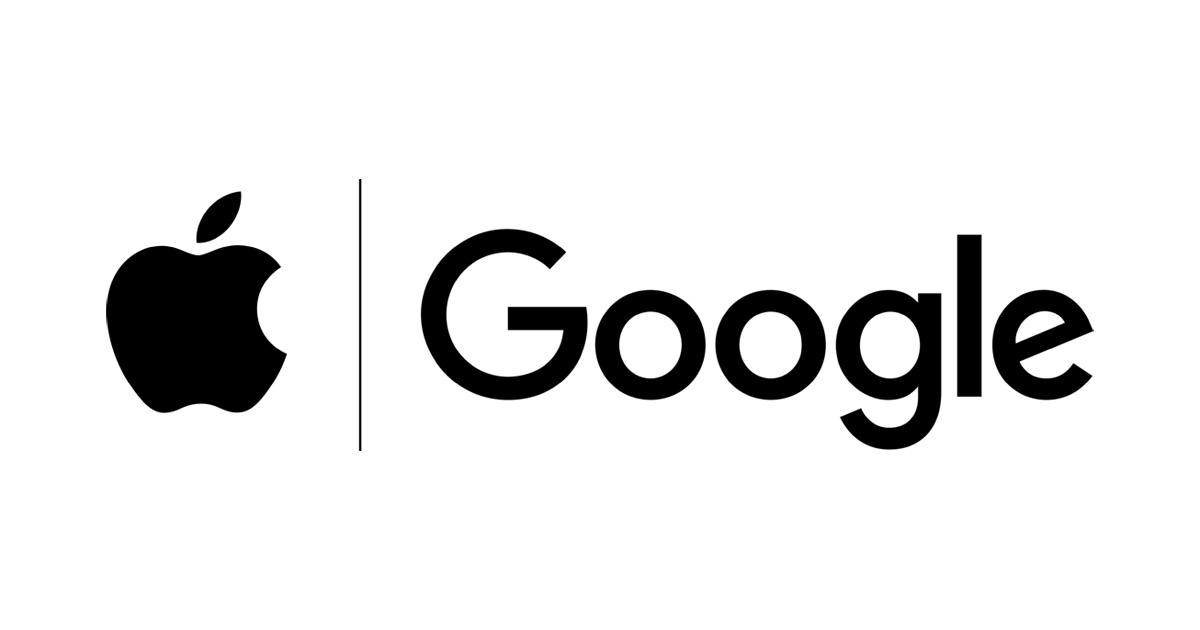
Last year, privacy changes like Apple’s ATT shook the mobile ecosystem and the games market within it. Mobile’s privacy changes will ripple into this year and beyond, with even Google and Apple themselves having to adapt to the fast-changing landscape.
Google and Apple opening up their ecosystems to some extent, due to fallout from last year’s Epic vs. Apple lawsuit. The judge enforced stricter rules on anti-steering policies, but the enforcement is currently on hold. App store anti-steering policies have historically stopped publishers from advertising alternate payment systems outside the platform holder’s ecosystem.
Despite the imminent new restrictions on anti-steering, Apple claims it is still entitled to collect revenues from third-party payments outside of its App Store. Meanwhile, Japan has also enforced restrictions on anti-steering. To abide by these rules, Apple will allow publishers to contact app users via email if users accepted such permissions in the app. Regulators are pressuring Apple and Google.
Simply put, these changes mean Google and Apple will have to open up their ecosystems to consumers and publishers alike—not entirely but to some extent. At the same time, consumer demand for services like cross-platform play, cloud gaming, and play-to-earn monetization puts even more pressure on the platform holders.
It is not in Apple and Google’s best interests to allow cloud gaming services on their stores, as these services may cannibalize game revenues from the app stores. After all, in-app purchases from games make up vast portions of app store revenues for both companies.
At the same time, developers and publishers—looking to maximize their revenues—will increasingly look for ways to bypass app store payments. We expect that pressure from these companies, regulators consumers will force Apple and Google’s hands to open their platforms in the coming years.
They will only begin to open their platforms in 2022, with the biggest changes happening in 2023 and beyond.
Game IP Value Spikes as Transmedia Becomes More Relevant
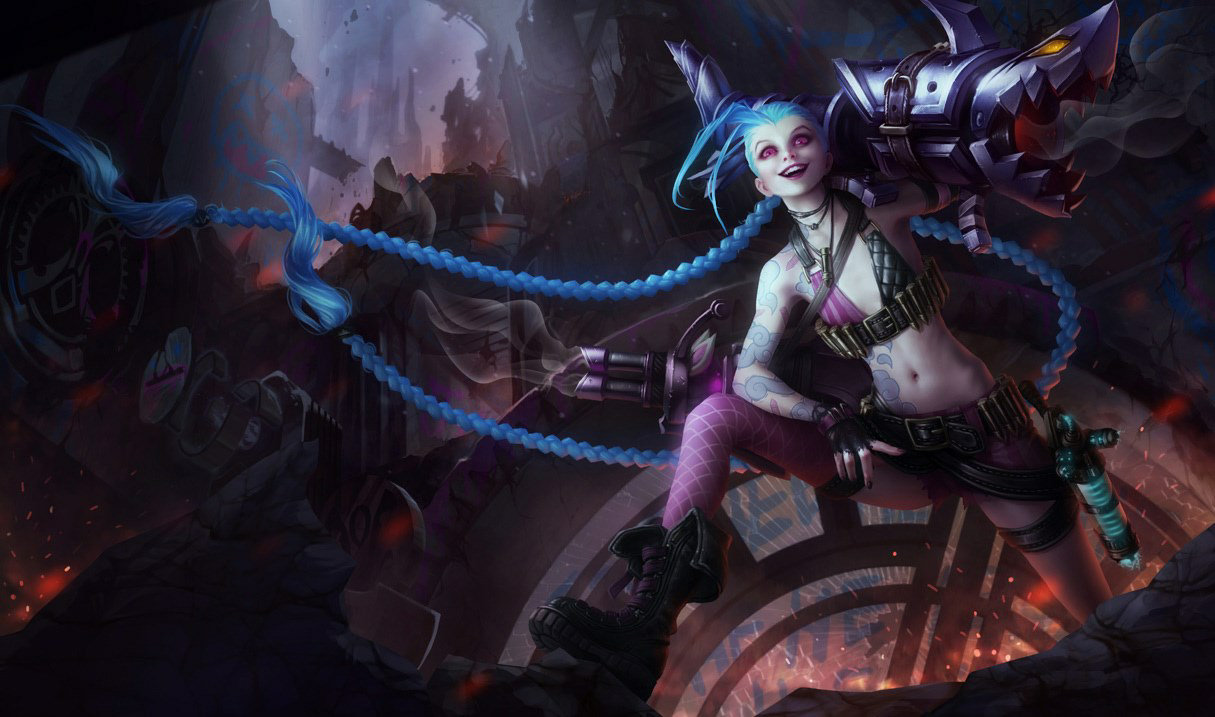
Hollywood previously struggled to adapt gaming IP into other media successfully. Just 10 years ago, it seemed video game adaptations were doomed to fail critically (and often commercially, too).
However, we’ve lately seen a slew of high-quality, commercially successful video adaptations. These movies, TV shows, and cross-game promotions have effectively portrayed stories, characters, and themes. To name a few:
- Netflix’s The Witcher season 2 (taking many cues from the game) and Arcane at the end of 2021 impressed fans and critics alike, And as we’ve covered before, adaptations of The Last of Us (HBO), Fallout (Amazon), Borderlands, and others are coming.
- League of Legends’ Jinx came to Fortnite and PUBG Mobile, which helped promote Netflix’s Arcane to these games’ fans
- Horizon’s Aloy came to Genshin Impact, Fortnite, and Fall Guys—showcasing a single-player game IP to fans of multiplayer live-service games
We will continue to see publishers putting more emphasis on building new game-related IP and crossing game IP into other media in 2022 and beyond.
Gamers Will Be Spoiled for Choice!

This year is on track to be gaming’s biggest yet, certainly in terms of spending but also in terms of content—across console, PC, and mobile alike. COVID-related delays have inadvertently led to one of the most crowded and exciting gaming release calendars in recent memory.
Starting in February with Horizon Forbidden West and Elden Ring to November with Bethesda’s Starfield and all the expected titles in-between, 2022 is full of fun for players of all kinds.
The roster includes new releases (God of War Ragnarok), remasters of older games (Life Is Strange Remastered Collection), ports(Apex Legends on mobile), and established franchises hitting new platforms (Diablo Immortal).
The release of the Steam Deck will introduce portability to PC gamers (and PC games to the handheld console audience), while increased PlayStation 5 and Xbox Series X inventory will bring many players to a new generation of high-fidelity content.
Got some exciting hyper-casual, casual, mobile news? Share it with us.
Also, subscribe to our hyper-casual news in Telegram, LinkedIn, and Facebook.
735






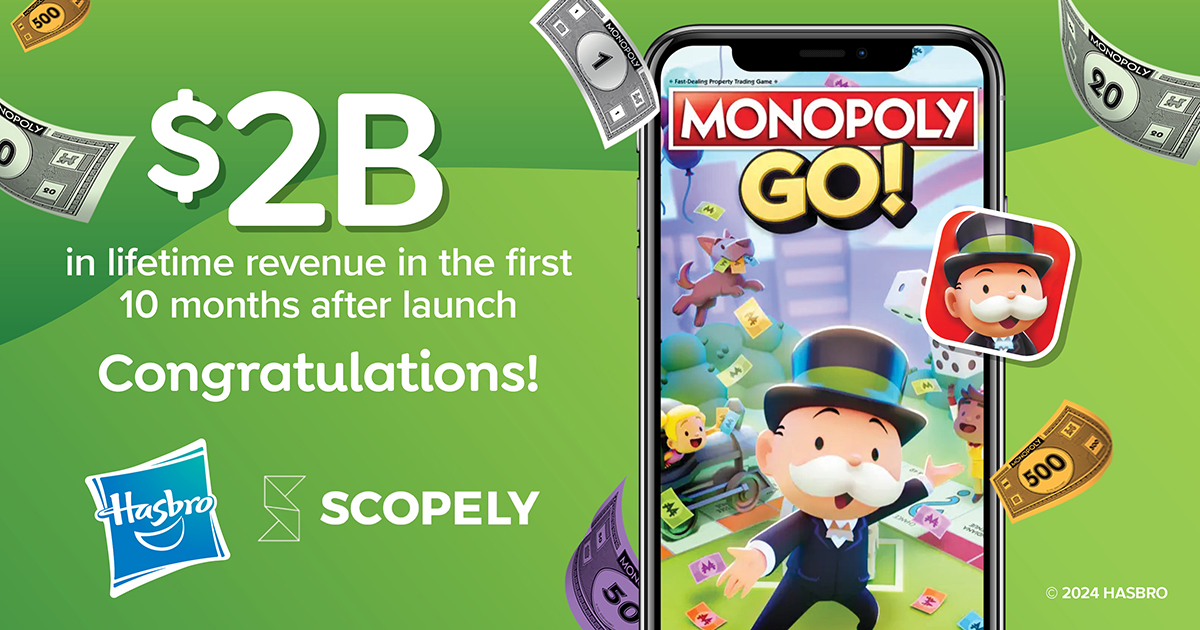


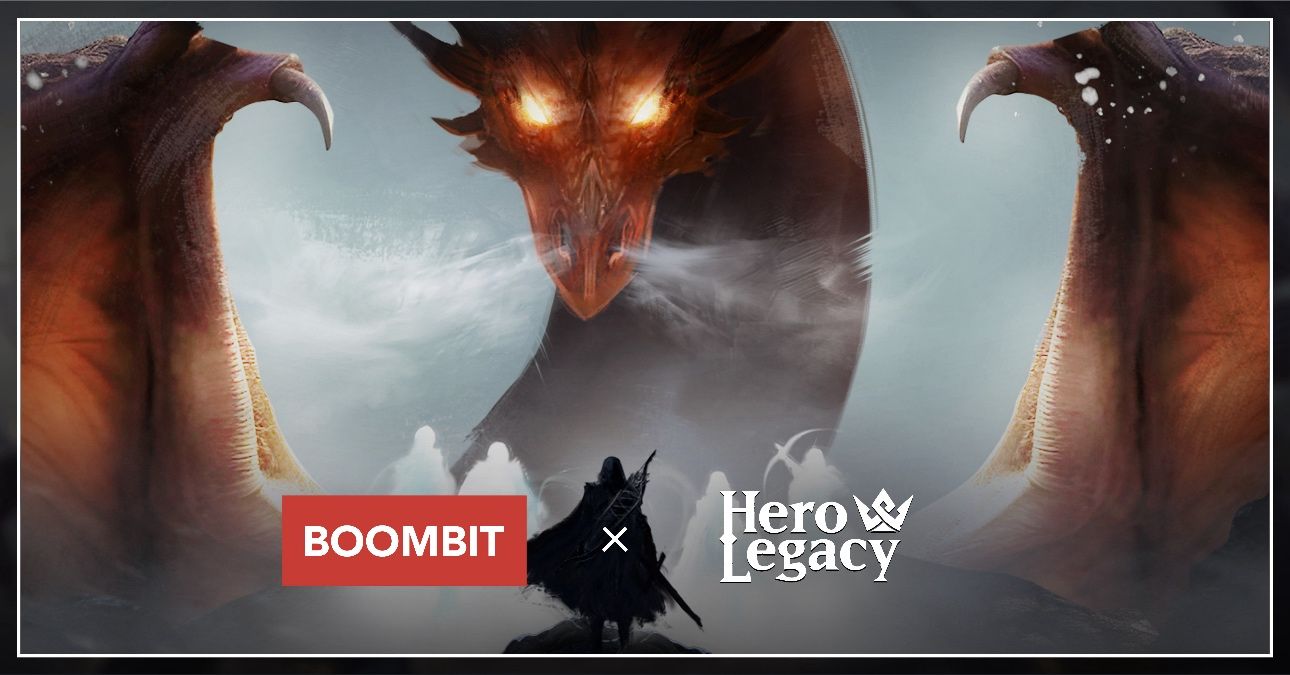

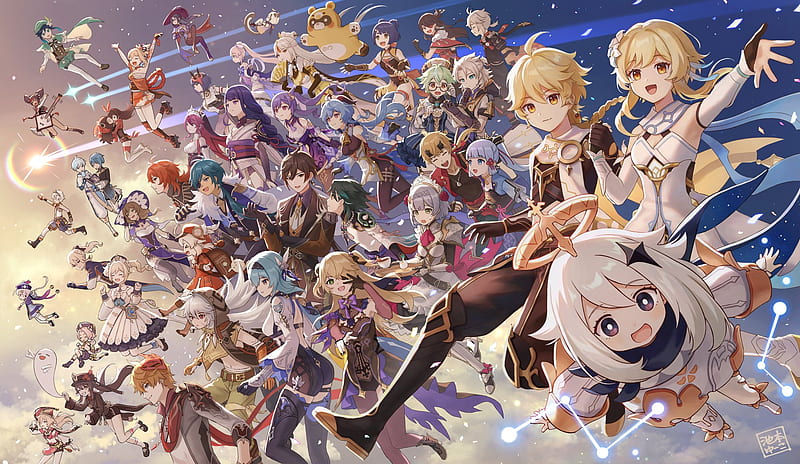

 8 minutes
8 minutes






 2 minutes
2 minutes
